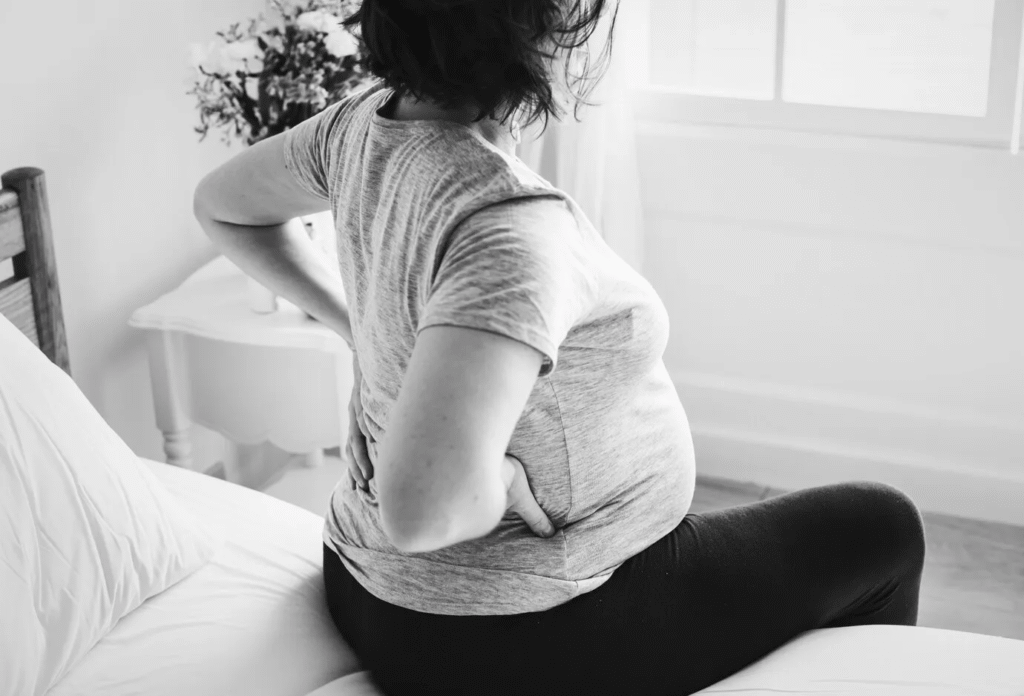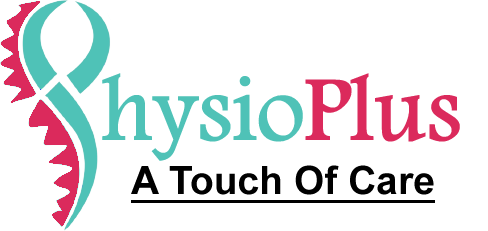Pregnancy is a transformative journey that challenges the body in remarkable ways. While it’s an incredibly special time, the physical and emotional toll on expectant mothers is significant. The body adapts to new weight distributions, hormonal fluctuations, and the impending birth, sometimes leading to discomfort, pain, or functional issues like poor posture and weakened muscles. This is where pregnancy physiotherapy becomes crucial—providing targeted support, education, and rehabilitation for women before, during, and after childbirth.
The Role of Pregnancy Physiotherapy in Maternal Wellness
Pregnancy physiotherapy is a specialized field focused on helping women maintain optimal physical health throughout pregnancy. As the body prepares for birth, muscles stretch, joints become more mobile, and the pelvic floor is placed under increasing stress. Common issues include back pain, pelvic discomfort, and reduced core strength, all of which are addressable through targeted intervention.
Physiotherapists offer personalized exercise programs tailored to each woman’s unique pregnancy experience. These interventions are not only safe but essential for promoting physical comfort, reducing pain, and preparing the body for delivery. Emphasizing movement, posture, and breathwork, physiotherapists aim to relieve pressure on vulnerable areas like the lower back and pelvis.
Prenatal Physiotherapy: Preparing for a Healthy Birth
Prenatal physiotherapy addresses the needs of women during pregnancy, helping them navigate typical challenges such as back pain relief during pregnancy, fatigue, and postural changes. Interventions might include:
- Safe physiotherapy exercises for pregnant women to maintain muscle tone without placing excessive strain on joints.
- Stretching routines to improve flexibility while supporting the growing abdomen.
- Pelvic floor exercises aimed at preserving strength, which is vital for labor and postpartum recovery.
- Ergonomic education—how to sit, stand, and move to minimize pain and maximize comfort.
- Breathing and relaxation techniques, helpful during both pregnancy and labor.
These preventative measures often reduce the risk of muscular-skeletal pain and may decrease the chances of injury both during and after pregnancy.
The Importance of Pelvic Floor Physiotherapy

Postnatal Physiotherapy: Navigating Recovery After Childbirth
Once the baby arrives, the focus shifts to healing and regaining strength. Postnatal physiotherapy or postpartum physiotherapy is critical for a woman’s recovery, whether she’s experienced a vaginal birth or a C-section. Common issues during this stage include:
- Weakness of the abdominal muscles and pelvic floor.
- Back pain due to changes in posture and daily routines (like feeding and carrying the baby).
- Scarring or discomfort following a C-section or perineal tears.
- Urinary incontinence or altered bladder and bowel control.
Physiotherapists guide women through a gradual, safe rehabilitation process, which includes:
- Postpartum recovery exercises guided by physiotherapists to gently restore strength and function.
- Strategies such as core strengthening post pregnancy, focusing on the deepest abdominal muscles that support the spine and stabilize the pelvis.
- Techniques for managing and reducing pain, including manual therapy, gentle stretching, and targeted strengthening.
- Postnatal rehabilitation for C-section recovery, such as scar tissue management, abdominal bracing, and mobility work.
By emphasizing gradual progression and personalized care, physiotherapists help women achieve lasting recovery and confidence in their post-birth bodies.
Addressing Back Pain and Functional Issues

Back pain relief during pregnancy is one of the most requested aspects of physiotherapy care. Changes in hormone levels (such as relaxin), physical weight, and center of gravity can stress the lumbar spine. Physiotherapists employ:
- Manual therapy to relieve muscle tension or correct minor joint misalignments.
- Education on optimal sleep positions and supportive pillows.
- Tailored home exercise programs to keep women active and mobile.
- Advice for returning to safe activity levels after birth.
Postpartum, many new mothers experience ongoing discomfort. A proactive approach with physiotherapy ensures that mothers do not have to accept pain as a ‘normal’ part of motherhood, significantly improving their quality of life and ability to care for their baby.
Holistic Benefits: Beyond Symptom Relief
The benefits of physiotherapy after childbirth extend beyond physical healing. Women often report improvements in mood, confidence, and overall well-being, particularly when they are empowered with knowledge and supported in their recovery. By teaching women to listen to their bodies and progress safely, physiotherapists foster long-term success.
Maternal mental health, often overlooked, can also be enhanced through movement and exercise. As women regain function and strength, they often feel more capable and in control during a period of significant transition.
Specialized Programs at PhysioPlus
At PhysioPlus, programs integrate the latest evidence-based approaches for pregnancy and postpartum rehabilitation. Every client receives personalized care plans focusing on:
- Physiotherapy during pregnancy for back pain tailored to reduce discomfort and improve function throughout each trimester.
- Safe physiotherapy exercises for pregnant women adapted to changing needs as pregnancy progresses.
- Pelvic floor therapy after delivery delivered by experienced therapists trained in the unique demands of childbirth.
- Postnatal rehabilitation for C-section recovery, including hands-on techniques to improve scar mobility and support return to activity.
- Education around recovery after childbirth, including what to expect and how to safely reintroduce movement.
Whether you prefer the comfort of your own home or an in-clinic visit, PhysioPlus Sport Therapy offers both home-based and walk‑in services to ensure accessibility and convenience for every mother.
Common Concerns and Navigating the Return to Activity

After childbirth, many women are eager to return to exercise but uncertain about what is safe. Physiotherapists at PhysioPlus provide clear guidance:
- Assessing readiness for return to activity based on muscle strength, healing, and function.
- Creating gradual progressions tailored to each woman’s unique needs.
- Addressing concerns such as abdominal separation (diastasis recti), pelvic pain, or lingering fatigue.
- Encouraging participation in group rehabilitation sessions for social support and motivation.
This return-to-activity journey is individualized, recognizing that every woman’s recovery timeline is different and often influenced by factors like birth experience, physical health prior to pregnancy, and demands of caring for a newborn.
The Future of Women’s Health Physiotherapy
Research continues to evolve on best practices for physiotherapy for women’s health (pregnancy, postpartum recovery). New technologies like digital biofeedback and online exercise classes make support more accessible, even for those unable to visit clinics regularly. Collaborative care—combining medical, mental health, and physiotherapy services—will further improve maternal outcomes in the years ahead.
Embracing Empowerment and Lifelong Well-being
Maternal physiotherapy is not merely a short-term solution for pregnancy aches and pains; it is an investment in lifelong wellness. By prioritizing targeted care during pregnancy and the postpartum months, women are better equipped to heal, regain function, and thrive.
For those embarking on the journey of motherhood, expert guidance and supportive environments, such as those found at PhysioPlus, make all the difference. Whether it’s learning about safe physiotherapy exercises for pregnant women, overcoming back pain, strengthening the pelvic floor, or navigating postnatal rehabilitation for C-section recovery, physiotherapy is a cornerstone in nurturing strong, resilient, and confident mothers.
If you’re looking for compassionate care, guidance, and innovative resources tailored to women’s health before, during, and after pregnancy, explore the comprehensive programs at PhysioPlus. We make it easy for you—offering both home-based physiotherapy and convenient walk‑in sessions—so you can get expert care wherever you feel most comfortable.
Start your journey towards empowered recovery—because every woman deserves to feel her best through every stage of motherhood.
Frequently Asked Questions
Q: Is physiotherapy safe during all stages of pregnancy?
A: Yes—when guided by trained professionals, physiotherapy is tailored to each trimester and perfectly safe.
Q: What about C-section recovery?
A: Postnatal rehabilitation can start gently after surgery, focusing on pain reduction, core, and pelvic muscle recovery.
Q: Can physiotherapy help with incontinence after childbirth?
A: Absolutely. Pelvic floor physiotherapy and specific exercises can dramatically improve urinary function.

